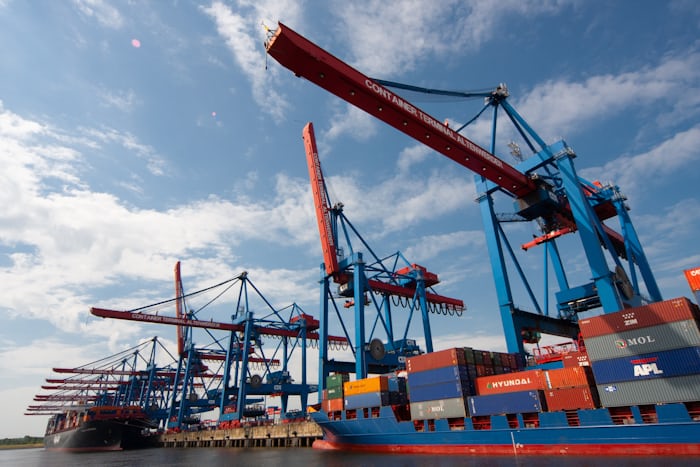9 Ways for Better and More Efficient Freight Management

Freight management is an essential aspect of any supply chain. Wholesale distributors and grower-shippers are always looking for ways to improve the efficiency of their freight management processes.
This article will share ways to achieve better and more efficient freight management. These tips will help you streamline your operations, save time and money, and improve customer satisfaction.
One way to break down logistic barriers is with Silo software, which streamlines your freight management for seamless operations.
Nevertheless, let’s get into how you can better manage freight.
- Optimize your shipping schedule
Optimizing your shipping schedule is one way to improve your freight management process. By grouping shipments, you can consolidate orders and reduce the trips required to transport goods.
This not only saves on transportation costs but also reduces carbon emissions. Consider using a transportation management system (TMS) or working with a 3PL provider to help optimize your shipping schedule.
- Implement real-time tracking
Real-time tracking technology has revolutionized the logistics industry by giving shippers real-time visibility into their shipments’ whereabouts and status updates. This technology helps eliminate guesswork regarding shipment arrival times — which can help you plan better and increase customer satisfaction.
Consider investing in GPS-enabled tracking devices or partnering with a carrier that offers real-time tracking services.
- Improve communication
Clear communication between all parties involved in the logistics process is key to achieving efficient freight management. Ensure that communication lines are open between:
- Carriers
- Customers
- Suppliers
- Internal teams
Utilize communication tools such as email notifications, SMS alerts, or instant messaging apps to keep everyone informed about shipment updates and changes.
- Embrace automation
Automation is another way to streamline your freight management process. One way to save time for your team members is by automating tasks like data entry or document creation. This will allow them to dedicate their time to more crucial responsibilities such as customer service and strategic planning.
You might want to explore the use of software solutions like order management systems (OMS) or warehouse management systems (WMS) that can handle aspects of your freight management process automatically.
- Evaluate carrier performance
Finally, it’s essential to evaluate your carrier’s performance regularly. This includes analyzing their on-time delivery rates, damage claims, and overall customer service. By monitoring these metrics, you can identify areas for improvement and make more informed decisions when selecting carriers in the future.
- Leverage volume discounts
Negotiate with carriers for volume discounts, which can significantly reduce freight costs for businesses that ship large amounts of goods. By committing to a carrier with a high volume of shipments, you can leverage your shipping frequency to secure better rates. It’s important to analyze your shipping data to understand your volumes and use this information in negotiations.
- Prioritize load planning
Effective load planning can maximize the space utilized in each shipment, allowing for the consolidation of more products into a single load. Use tools and techniques such as cube optimization software to plan and arrange your goods efficiently within containers or trucks, leading to fewer shipments and lower transportation costs.
- Standardize freight management procedures
Standardizing your freight management procedures is crucial for minimizing errors and ensuring consistency across operations. Develop standard operating procedures (SOPs) for handling shipments, documentation, and communication. This ensures that all members of your organization are on the same page and can contribute to smoother freight management.
- Use data analytics
Harness the power of data analytics to get insights into your freight management operations. By analyzing shipment data, you can uncover trends, predict future needs, and make decisions that are driven by data rather than guesswork.
Employ analytics software to evaluate your logistics performance and consider data-driven recommendations for reducing costs and improving efficiency.
Freight management can be improved
Enhancing your freight management approach through strategic scheduling, real-time visibility, automation, communication, and data-driven decision-making can significantly improve efficiency and cost savings.
By adopting the practices outlined above, you can elevate your supply chain operations to meet the dynamic demands of the market while ensuring customer satisfaction remains a top priority.



